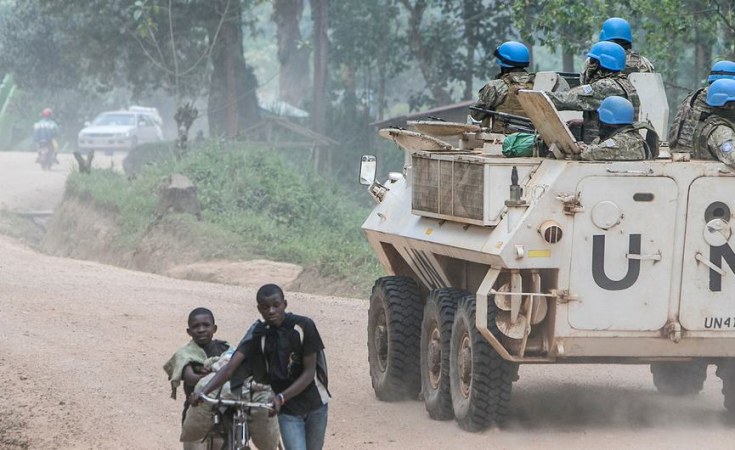Photo Courtesy
The Luanda summit on the security crisis in eastern DR Congo has ordered the FDLR, a terrorist group composed of remnants responsible for the 1994 Genocide against the Tutsi in Rwanda, to disarm immediately and embark on an "unconditional repatriation".
The summit took place in the Angolan capital Luanda on Wednesday, November 23. It was attended by heads of State including Presidents João Lourenço, the host, Felix Tshisekedi of DR Congo, Evariste Ndayishimiye of Burundi, Rwanda's Minister of Foreign Affairs Vincent Biruta, who represented President Paul Kagame, and former Kenyan President Uhuru Kenyatta, who is the facilitator of the East African Community-led peace process.
The summit was convened to deliberate on the pacification of the eastern Congolese provinces of North Kivu, South Kivu, and Ituri, where over 120 armed groups operate. A communique released after the leaders' consultation says they expressed their concern about "the persistence of negative and terrorist forces in the eastern DRC, which constitutes a threat to peace, security, and stability in the sub-region."
They decided that all local and foreign armed groups should put down weapons. In particular, three foreign armed groups, FDLR from Rwanda, RED-Tabara from Burundi, and the ADF from Uganda, were mentioned.
"FDLR-FOCA, RED-TABARA, ADF, and other armed groups operating on Congolese territory shall immediately lay down their arms and initiate their unconditional repatriation," the statement read in part.
It added that the repatriation will be under the terms of the Nairobi peace process and supported the United Nations mission in DR Congo (MONUSCO).
The Rwandan government has over the past months accused the Congolese army FARDC of collaborating with the FDLR and in the recent past created a coalition against the M23 rebel group.
Kinshasa accuses Kigali of supporting the M23 - an accusation that Rwanda has vehemently denied.
ALSO READ: M23 claims capture of FDLR strongholds
The summit resolved that the M23 rebels who are fighting the Congolese army in North Kivu province shall withdraw from the occupied territories.
The statement says the summit decided the "cessation of hostilities in general, and in particular of attacks against the FARDC and MONUSCO from Friday, 25th of November 2022 at 18hoo".
If the M23 refuses to withdraw, the leaders said they shall authorize the use of force to compel the group to comply." By Moise M. Bahati, The News Times






